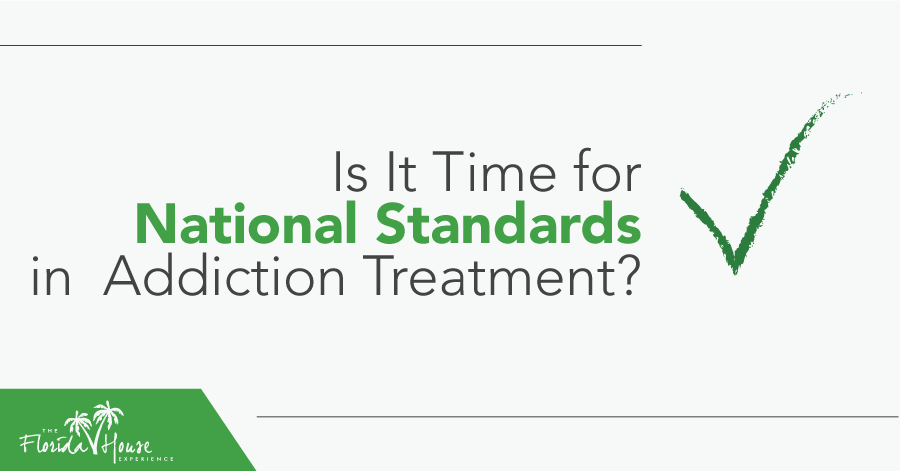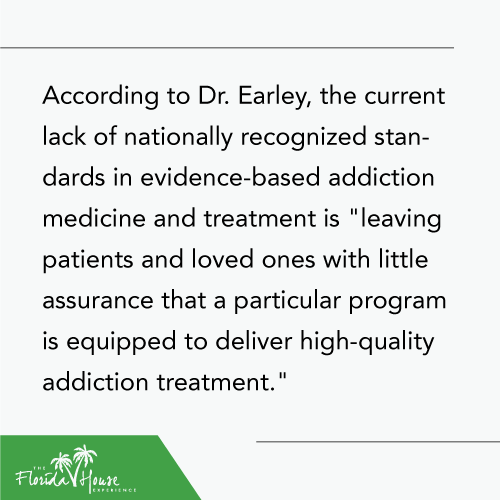
With the opioid epidemic continuing to rise at an alarming rate addiction experts, medical professionals, lawmakers, addicts and advocates alike are scrambling to find a way to deal with the mounting drug-induced deaths. In 2017 alone, more than 70,000 drug overdose deaths occurred in the U.S., a rise of 9.6 percent over 2016 rates and over three times the number of confirmed drug-related fatalities in 1999.
The rapid increase in overdose deaths is widely attributed to both the prevalence of opioid use disorder (OUD) and the potency of drugs like fentanyl, which is often cut into other drugs such as heroin, cocaine and even marijuana.
On the upside, like all types of addiction, OUD can be successfully treated and managed in a way that is safe and effective — if the right combination of behavioral counseling, medical support and ongoing recovery services is put in place.
Unfortunately, unlike with other chronic, life-threatening diseases such as cancer, diabetes and asthma, there are no clear treatment standards in place. Patients with OUD and other substance abuse issues, including dual-diagnosis — addiction to drugs or alcohol in addition to having one or more mental health issues — simply do not have the same legally binding protections regarding the treatments they receive that other Americans with serious health problems do.
In a recent article published in MedPage Today, an online media outlet that focuses on clinical and policy coverage for health care professionals, Dr. Paul H. Earley, MD, discussed his belief that the time has come to establish national standards in addiction care.
Dr. Earley has worked as an addiction medicine physician for 35 years, and during that time he has published two books on substance abuse, authored a number of clinical articles related to his work and been elected to lead the American Society of Addiction Medicine as the organization’s next president.
The Current State of Addiction Treatment Standards in the U.S.
 Right now, there are a number of nationally recognized practice standards in place that act as guidelines for evidence-based treatment of substance use disorder. The issue is that compliance with these practice standards is largely voluntary — drug and alcohol treatment programs are not required to actually follow these guidelines.
Right now, there are a number of nationally recognized practice standards in place that act as guidelines for evidence-based treatment of substance use disorder. The issue is that compliance with these practice standards is largely voluntary — drug and alcohol treatment programs are not required to actually follow these guidelines.
As a result, addicts, families, doctors and referring agencies are largely left on their own to vet individual substance abuse treatment centers — something that most people who need help simply don’t have the time or energy to deal with.
Why Dr. Earley is Advocating for National Addiction Treatment Standards
According to Dr. Earley, the current lack of nationally recognized standards in evidence-based addiction medicine and treatment is “leaving patients and loved ones with little assurance that a particular program is equipped to deliver high-quality addiction treatment.” This is something he sees as a significant barrier to care — one that makes matching individual patients with the right treatment program difficult.
He goes on to say that “patients living with OUD and other addiction disorders are battling a chronic, progressive disease that has a high risk for death if untreated or inadequately treated.”
Dr. Earley is holding out hope that the recently announced partnership between the American Society of Addiction Medicine (ASAM) and CARF International to run a pilot program designed to lay the groundwork for a national addiction treatment certification program will be a success. This project will use a set of standards designed to evaluate whether or not a particular residential treatment program runs in accordance with The ASAM Criteria — a rigorous, multidimensional patient assessment system that’s currently being used in more than 30 states.
As Dr. Earley says, “effective addiction care can — very literally — mean the difference between life and death for Americans with substance use disorders.”
Want To Know More About Addiction Treatment Standards?
Here at FHE Health, we’re proud of our cutting-edge, evidence-based addiction and mental health treatment programs. We are fully accredited by CARF and licensed by the Florida Department of Children and Families.
To learn more about our many national affiliations, practice standards and professional memberships, contact us today.






